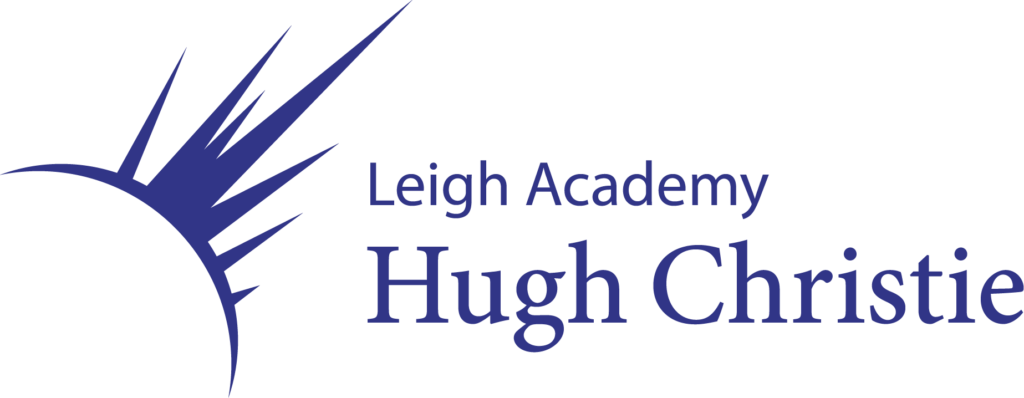Module 1 – Healthy Minds – Resilience
|
Positive Mindset To identify what is meant by healthy minds and self-talk. |
|
The Brain and my Emotions To examine links between thoughts and feelings. |
|
Controlling our emotions Recognise intense emotions and understand how they affect our responses. |
|
Managing when something is difficult To be able to recognise that our reactions to challenges need to show perspective and be realistic. |
|
What does it mean to be glass half full? Understand optimism and pessimism, and how a positive mindset supports wellbeing. |
|
Self esteem and confidence Identify personal strengths and how outside factors affect self-esteem. |
|
Promoting positivity To identify good mental health and know where to go for help if needed. |
Module 2 – Changes
|
Puberty: Understanding the changes that happen to the body |
|
Periods and period products Understanding different products available and what they are best suited for. |
|
FGM Understand why it is practised, who is at risk, the law and where to go for support. |
|
Healthy Sleep To identify how much sleep young people require, then benefits of good sleep and strategies to get better sleep. |
|
Healthy Eating and Exercise Understanding the importance of diet and exercise, both physically and mentally. |
|
Healthy Eating and Exercise: Understand what influences our diet and lifestyles and evaluate which sources of information are the most reliable. |
|
Basic first aid: To know the concepts of common first aid emergencies. |
Module 4 – Media Navigator
|
Online Bullying To explore the impact of cyberbullying |
|
Fake Accounts To analyse the risks associated through ‘catfishing’ and fake accounts |
|
Safer App Use To identify the safest ways to use online apps |
|
Appropriate use of Technology To identify the laws and consequences of recording violent events |
|
Protecting Yourself Online To summarise the best ways to stay safe online |
|
Topic Assessment: To assess their knowledge of how to keep safe and stay happy online. |
Module 6 – Positive Relationships
|
Neurodiversity |
|
What makes a healthy relationship? Students explore what makes a relationship healthy or unhealthy and how to maintain healthy relationships with people. |
|
Recognising and Preventing Bullying Students explore the different types of bullying, the long-term effects, and strategies to manage being bullied or witnessing someone else being bullied. |
|
Consent: What is it and why is it Essential? Explore what consent is, including the legal definition, examine consensual and non-consensual situations and identify where victims of sexual violence can go for support. |
|
Spotting Unhealthy and Abusive Relationships Explore the different types of abuse you can experience in a relationship. They identify warning signs and examine how to respond to scenarios of friends experiencing abuse. |
|
Relationships and Conflict Students identify possible ‘red flags’ and ‘green flags’ within relationships and evaluate different strategies for managing conflict in relationships. |
|
Overcoming conflict and finding forgiveness Students reflect on what it means to forgive and consider the benefits of forgiveness. |



